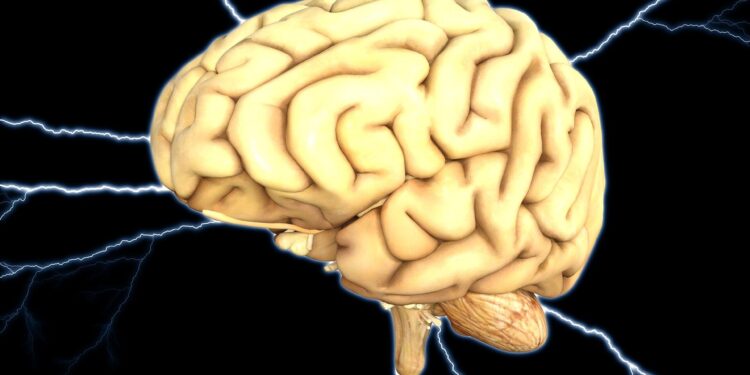Credit: Pixabay/CC0 Public domain
For years, it has long been believed that acute viral infections like Zika or COVID-19 are directly responsible for neurological damage, but researchers at McMaster University have now discovered that it is the immune system’s response that causes it. is originally.
The research, published on February 5, 2024 in Natural communications, was led by Elizabeth Balint, a Ph.D. student at McMaster, and Ali Ashkar, professor in the Department of Medicine and Canada Research Chair in Natural Immunity and NK Cell Function.
“We wanted to understand why so many viral infections are associated with neurological diseases,” says Balint. “Our evidence suggests that it is not the virus itself that causes the damage, but a unique population of T cells, which are part of the immune system, that are actually responsible for the damage.”
To reach this conclusion, McMaster’s team focused on the Zika virus. During laboratory tests, the researchers, as expected, found T cells specific for Zika and designed to eliminate infected cells. They also found something else.
“What was interesting about our study was that although we found Zika-specific T cells, we identified cells that did not function like normal T cells and killed many cells that were not infected by Zika.”
These cells are called NKG2D+CD8+ T cells and researchers say their aggressive response is responsible for neurological damage caused by infections other than Zika, like COVID-19, and even septic shock.
The aggressive response is the result of the body producing large amounts of inflammatory proteins called cytokines, which, in moderation, help coordinate the body’s response in fighting an infection or injury by telling immune cells where to go and what to do when they arrive.
“If our body’s immune cells overreact and overproduce inflammatory cytokines, this condition will lead to nonspecific activation of our immune cells, which in turn leads to collateral damage. This can have serious consequences if this happens in the brain,” says Ashkar.
This discovery provides researchers and scientists with a new target for the treatment of neurological diseases triggered by acute viral infections. In fact, Balint has already found a promising treatment.
“Elizabeth experimented with an antibody that can completely block and treat devastating neurotoxicity in the animal model, which is already in clinical trials for different uses in humans,” says Ashkar.
Balint hopes to continue his work to find an effective treatment in humans.
“There are a few other viruses that we want to study, which will help us create the best treatment options,” says Balint.
More information:
Bystander-activated CD8+ T cells mediate neuropathology during viral infection via antigen-independent cytotoxicity, Natural communications (2024). DOI: 10.1038/s41467-023-44667-0
Provided by McMaster University
Quote: Immune response, not acute viral infections, responsible for neurological damage, researchers discover (February 5, 2024) retrieved February 5, 2024 from
This document is subject to copyright. Except for fair use for private study or research purposes, no part may be reproduced without written permission. The content is provided for information only.



